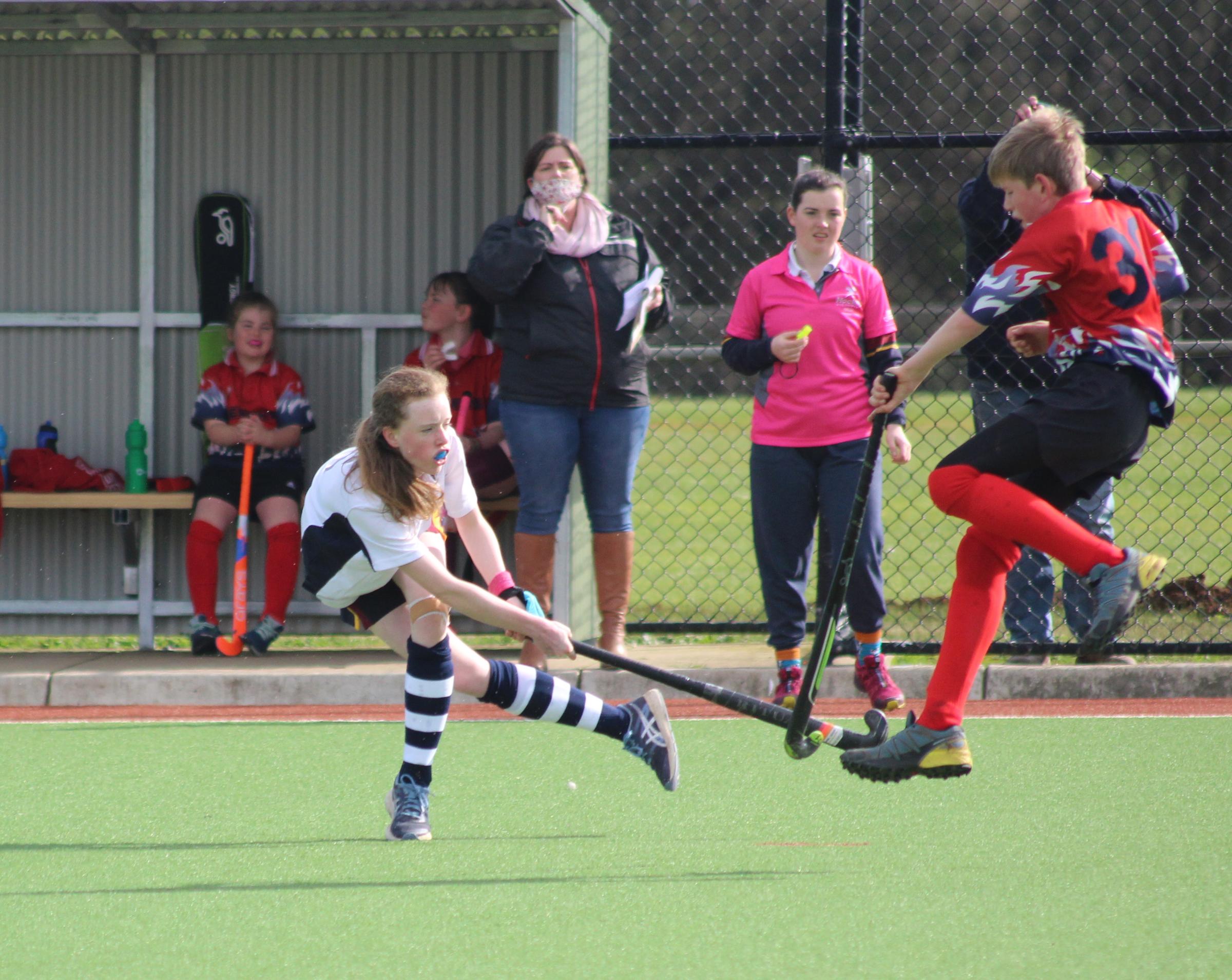Middle Years

‘Why do students need to develop good Self-Regulation?’. Our goal is to develop high functioning autonomous and competent young adults in our care.
This term in my Mentor Group I have been talking about why we need to improve self-regulation and establishing strong learning routines. My Mentees agree that they needed to develop a range of skills, and most students were working hard to improve planning and organization.
Just as an air traffic control system at a busy airport safely manages the arrivals and departures of many aircraft on multiple runways, the brain needs this skill set to filter distractions, prioritize tasks, set and achieve goals, and control impulses.
These skills are the processes that enable us to plan, focus attention, remember instructions, and juggle multiple tasks successfully. Using our executive function helps us deal with unpredictable situations. As students mature, their executive function will develops, along with their prefrontal cortex.
We need to give young people the opportunities to develop executive function and self-regulation skills. These skills are crucial for learning and development. They also enable positive behavior and allow us to make healthy choices.
Executive function and self-regulation skills depend on three types of brain function:
- Working memory governs our ability to retain and manipulate distinct pieces of information over short periods of time. This is important for all learners.
- Mental flexibility helps us to sustain or shift attention in response to different demands or to apply different rules in different settings.
- Self-control enables us to set priorities and resist impulsive actions or responses. This is important for teenagers.
We can develop executive function by;
- establishing strong routines.
- creating and maintaining supportive, reliable relationships.
- teach them how to cope with stress.
By focusing on daily home and school routines, such as homework and dinner time, we strengthen executive function skills in children, while also increasing predictability within their lives, which is important in our current environment. We aim to help them practise necessary skills and provide opportunities for directing their own actions with decreasing adult supervision.
Mrs Julia Winter Cooke
